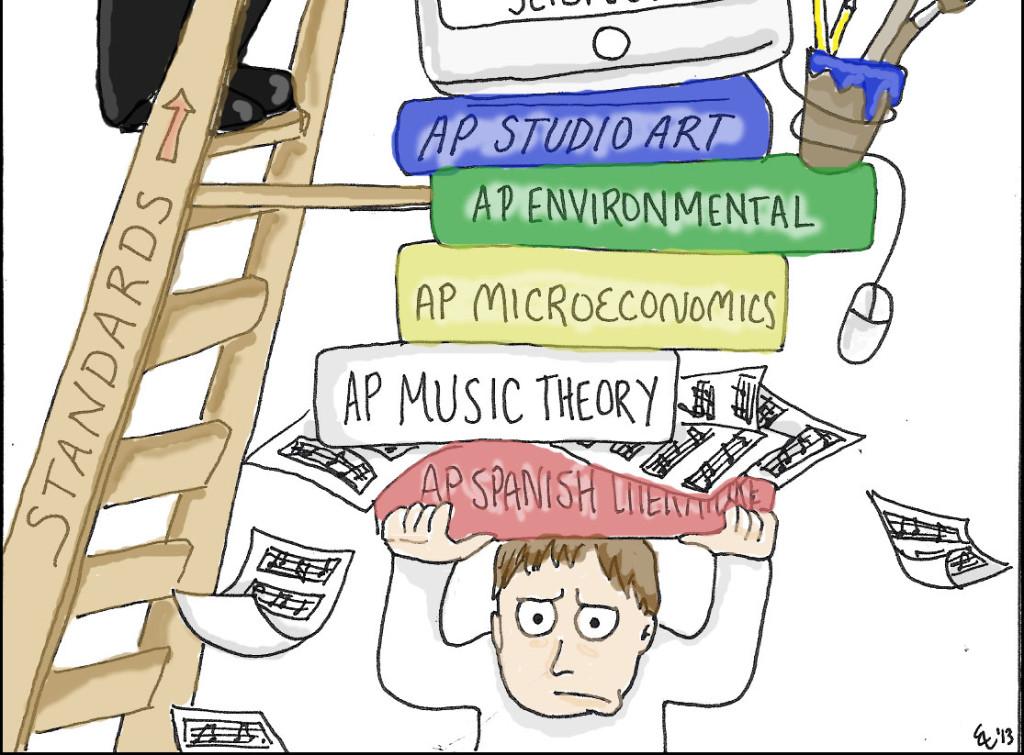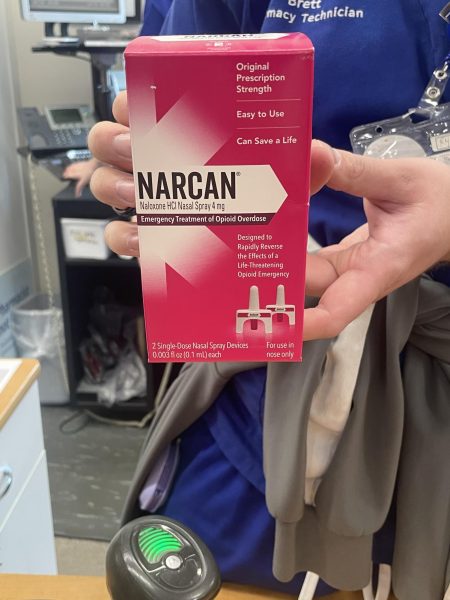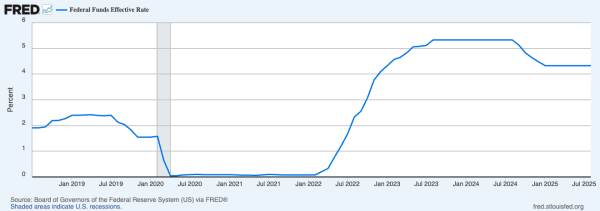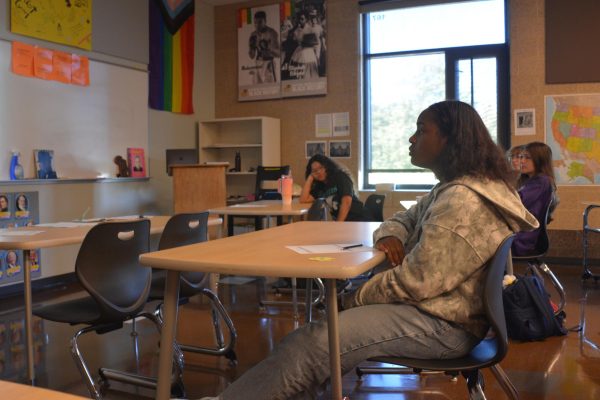Want to Raise Our School’s National Ranking? Try This
In recent years, district administrators have sought to increase the number of students taking Advanced Placement courses. Over the last three years, the school increased AP enrollment 53%, and bumped their AP course offerings to 26.
However, some students may be discouraged from taking AP classes by the cost of exam fees.
Students pay $91 per AP exam. Statistics from earlier this year show that there are currently 196 students at BHS who will be taking 471 AP exams, which equates to $42,861 in fees to the College Board.
Asking the district to pay for such a large sum is probably a stretch.
“It’s not something that has been considered so far, and I don’t think we’ll be considering it in the near future,” Principal Dr. Ed Klein said.
“There are provisions for AP fees to be covered for students who have demonstrated need,” Asst. Superintendent Robert Hardis wrote in an email.
According to Hardis, the exam fees for students qualifying for the federal Free and Reduced Lunch Program have exam fees covered jointly by the College Board, the State of Ohio and the school district.
Administrators maintain that the cost of exams pays off when students earn qualifying scores and receive college credits.
“I certainly hope students are not discouraged from taking AP exams, because the cost associated with taking AP exams is significantly less than taking grueling and expensive [college courses],” Klein said.
The cost of college credits varies widely, from about $1,000 per class for a full time student paying in-state tuition at Ohio State to well over $4,000 per class at a private school such as Case Western Reserve.
However, taking AP classes in high school would have a lot less value if the college a student attends does not accept the credit. According to Marketplace.org, some prestigious colleges have stopped giving academic credit for AP courses.
Considering the number of students likely to take AP exams in the coming years, it is fair to assume the school district can not pay for all of students’ AP exam fees without sacrificing elsewhere.
However, schools across the nation have found ways to alleviate the burden on students. For instance, McKinney High School in McKinney, Texas offers all students a reduced fee for AP exams, requiring only $30 as opposed to $91.
McKinney associate principal secretary Kelsey Jessee explained that this is achieved through good balance in their school budget as well as using additional property taxes to fund AP exam fees.
The decision to pay for AP exams is undoubtedly a factor in McKinney’s 2014 U.S. News national rank, 47th place nationally and 1st in the state, whereas Beachwood’s rank is 1,344th in the nation and 64th in the state.
According to U.S. News’s methodology page, ranks are determined by a number of factors, but the most weight is placed on college readiness, which is determined by the number of students in AP or other advanced classes. If a school has a higher percentage of the student body participating in AP courses, their rank will be consequently higher.
Furthermore, according to the College Board web site, all students attending public schools in the state of Florida are exempt from AP exam fees. Florida has made a concerted effort to encourage students to take exams. They have gone so far as to pay the exam fee for all students and require that all students enrolled in AP courses take the exams, a policy that Arkansas also has.
The number of exams in Florida has grown by a factor 3.7, while the number taken nationally has grown by a factor of 2.5. When added up, the number of exams administered in Florida have grown about 45% faster than they have across the nation.
“I would love it if Beachwood paid for students’ AP exams,” said Sridhar Uppalapati, a freshman currently enrolled in AP Modern European History. “Between me and my sister, [junior Sri Vidya], we’re going to be paying for seven AP exams, which is pretty close to $700,” he said.
“If Beachwood finds a way to pay for that much money, or at least part of it, I think I’ll be a whole lot more encouraged to take more APs throughout my later high school years,” Uppalapati said.
Although it may be a lot to ask that Beachwood City Schools pay for these exams in the near future, other schools in similar situations have done so.
If Beachwood administrators hope to maintain the steady increase in AP enrollment and thus boost the school’s ranking, perhaps paying for AP exams is the most logical approach.

Jinle Zhu has been writing for The Beachcomber since her freshman year (2014). She has been the features editor and layout editor. She likes Photoshop...












